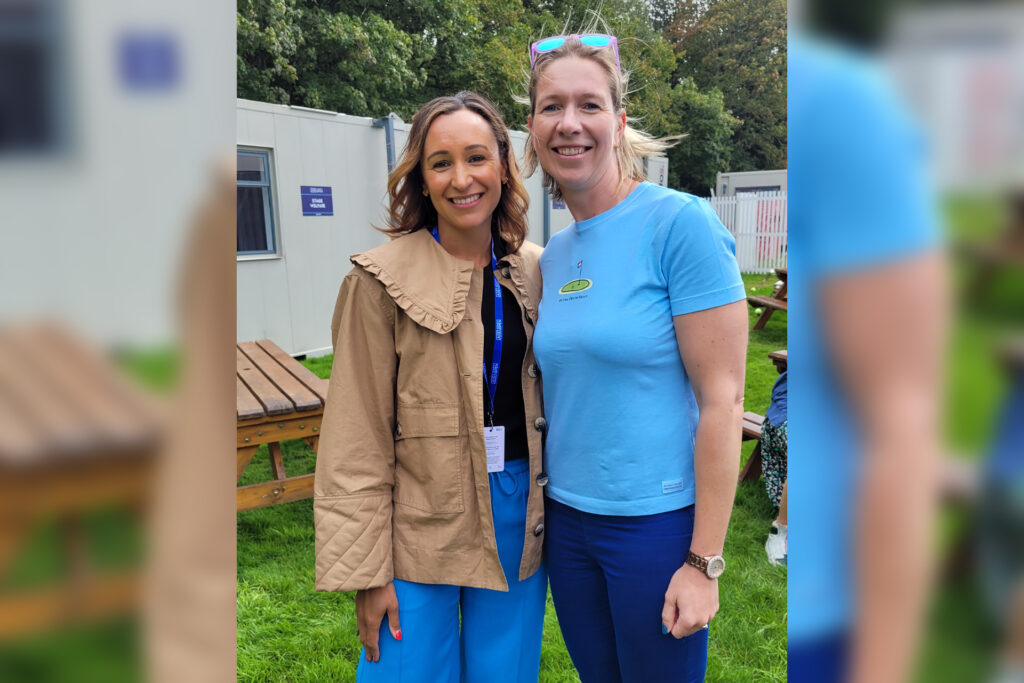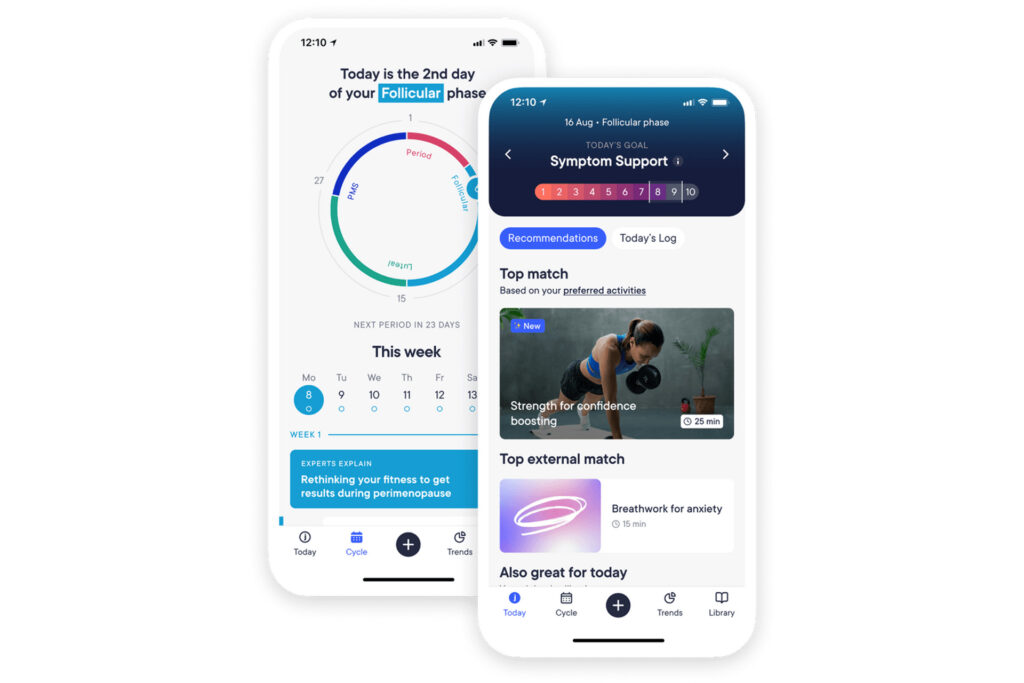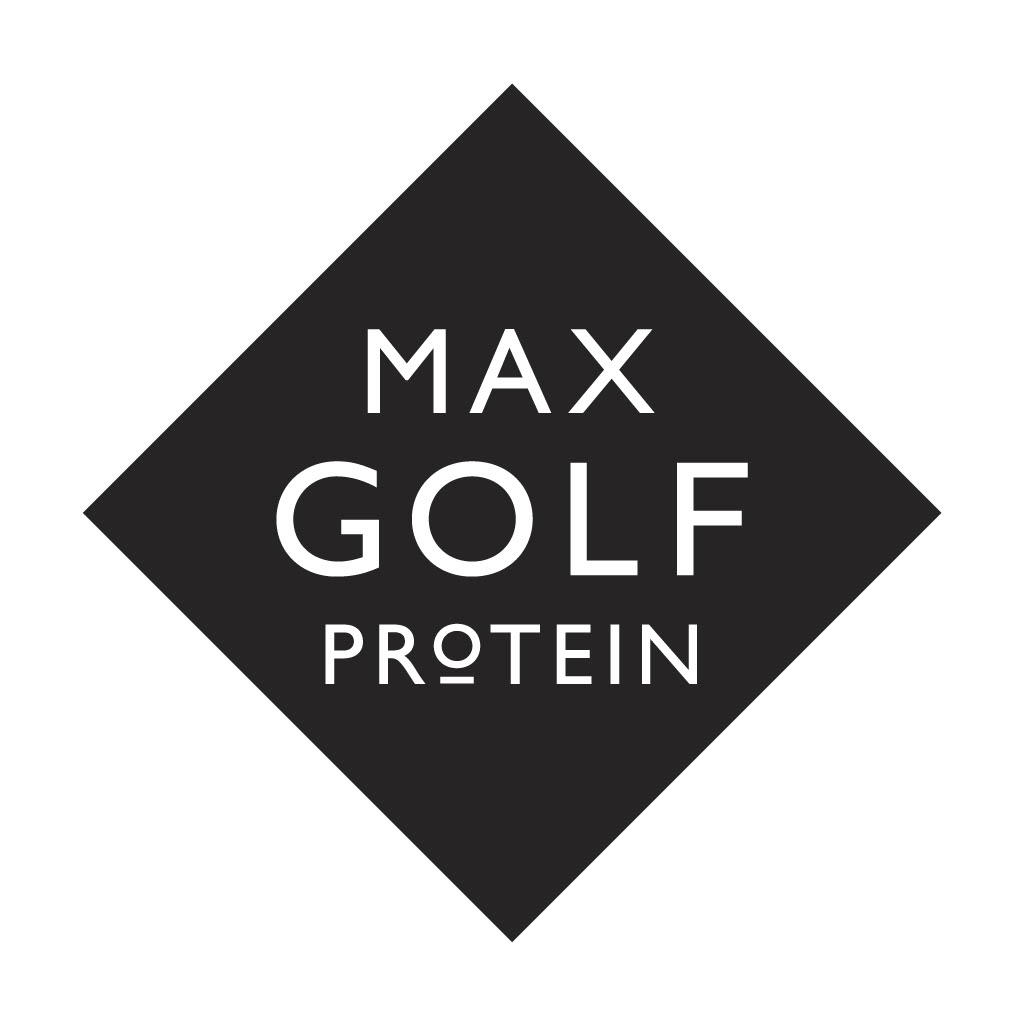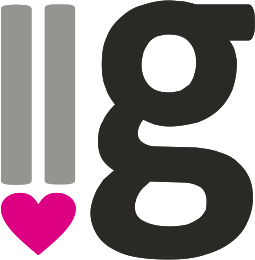Dame Jessica Ennis-Hill talks about women's health in sport and the importance of understanding our own bodies
As the Ladies European Tour announced their LET Performance Institute and their collaboration with Jennis, a women's hormonal health platform, Women & Golf Editor Emma Ballard got to sit down with Founder and former heptathlete Dame Jessica Ennis-Hill at the AIG Women's Open last week.
Tell us more about Jennis
Jennis is an app that was developed three years ago. It started very much on a kind of pregnancy, post-natal focus, because that was my latter kind of journey out of sport.
In the process of creating Jennis, I learned so much about my physiology as a woman. It’s about understanding the phases of a woman's menstrual cycle and how you can get the most out of your performance through known patterns, tapping into how you change personally as a woman on a day-to-day and month-to month basis.
Jennis has evolved since its launch and now has become the focus of how we support females and female athletes to know more about their bodies and how their body changes through different phases that they go through as a woman.
The Jennis app gives you tailored education and information about your body and it personalises workouts to what phases you're going through.
What women's health support was there for you when you were competing?
When I was in the thick of my career, there was very much a focus on nutrition, psychology, biomechanics, all those different elements. There was an awareness around menstrual health, but there was never a real focus.
I think if you speak to many female athletes from different sports, they all know that they feel very different through different phases of their cycle and different times in their life.
That further education around what that means for training, how to push, how to back off, how that affects injuries, and also how to create strategies around competitions and performing, is something that is only really starting to become a focus I'd say in the past few years, where you hear more athletes talk about it vocally on TV, in interviews, and in the press.
Were there moments in your career where you felt trapped by your menstrual cycle?
I definitely had moments where you would dread competitions because you knew there was just lack of understanding and lack of knowledge of where I am.
There are so many times when I trained and I'd have testing weeks where it didn’t go to plan and I didn't have that full context around why I was performing at that standard, where I expected more of myself.
If I had the patterns, the data, the research behind it, it gives you not just a physical benefit, but also that psychological forgiveness of actually not being a million miles away from where you need to me.
An app like Jennis gives you that context of where you are. It allows you to understand, for example, you can't change a tournament, you can't change the Olympics, the big competitions, but you can have this rounded understanding of where I am at different phases and how I put different strategies in place.

How much data does Jennis need to gather on an athlete?
With a three-month period you can get a good idea of what your cycle's looking like, but with technology now we have the ability to capture so much data and we can integrate wearables and pull it all into one place.
Over a year period, the amount of information and not just on one athlete, it is about actually understanding how it affects athletes in lots of different ways. It also contributes to that bigger citizen science piece, so we have more research and more funding goes into this area, and it becomes, a really spoken about area of importance within sport.
Which sport did Jennis partner with first?
Golf is where we starting, which is really exciting. We're having conversations with track and field and some other sports as well, because I think there's so much scope and option.
We really want to provide the tool so that we can start collecting data and really help athletes to know how to understand how to make small changes.
“I'm very much looking forward to working with the Ladies European Tour. We’re trying to craft what we’re doing and evolved more into the elite sport aside of women's hormones and women’s sport.”
What you're talking about could transform women’s sport?
For me being in sport for this many years and this amount of time, it’s mad to think that it hasn't been a focus.
I remember talking to my nutritionist years ago saying ‘is there certain foods that can affect the way I feel at different times of the month’ and he was like ‘well, there's not that much research’. That's crazy, because as a female athlete you know there’s a massive difference.
There’s a lack of funding and there's that massive gender data gap and it needs to be addressed, because it’s a huge area that can have a massive impact on performance.
Athletes coming out of sports as well and understanding their bodies better, female athletes being able to have children within their careers and come back, and all those areas in between as well.

Can the Jennis app help with other issues/illnesses?
You can log all those symptoms and see patterns with when they're arising when they drop off. There's a massive correlation between the rise and drop of oestrogen for certain symptoms like bloating, for example.
That ability to be able to understand when they coming can really help you. I think in sport you address those moments when there's a problem, like you've lost your period or you've come off the pill.
For me, looking at my hormones, the first time I noticed them properly was when I'd had my son. I was like, ‘oh gosh, I'm off the pill and this is all so different!’.
I think so many athletes are encouraged just to go on the pill and don't really know their bodies better. The knock-on effect on all these different side effects and symptoms and things that women experienced through their life, your menstrual health is a massive barometer of general health as well.
We learnt very quickly that no one has a regular cycle, every woman's completely different. There are some players that are on the coil contraception, but you still have the ability to log your symptoms and how you're feeling.
With, for example, the Mirena coil, you don't have like a standard period, but you'll still have like the ebbs and flows and side effects and symptoms as if you were having a natural period. You can capture all that information, so it's just a really helpful key tracker of how those patterns are changing for you individually.
What about amateur/club golfers?
My passion is obviously elite sport and that’s where I wanted to start, but it absolutely transcends to every woman.
I think we found through the research that we've done over the past few years that women know that they feel different and they have these different moments when they go into sport, or they're performing at different levels, that they feel differently.
They want to understand that bigger education piece around why they feel like that and I think we can absolutely highlight really detailed areas for the elite sports woman, but that transcends down to every woman just knowing their bodies better. It’s essential really for every woman!
Was women's health something you always wanted to be involved in?
I suppose this is probably an area that I didn't actually think I would find myself in. I was always so focused on competing and at the time of my competitions, it was all just about how do you perform.
Then when I retired, actually, the biggest learning experience that I had was having my son and seeing how much my body changed and how I had to come back to being the best in the world again.
That just gave me this whole appreciation for actually how much our bodies change as women. Also, those hormonal fluctuations and how much we don't actually speak about it enough and there's this massive correlation between performance and understanding our bodies better as women.
Could the Jennis app be responsible for future winners in sport?
I did a psychology degree and I love psychology and sports psychology. Twenty or so years ago, sports psychology was a small part of what we did and now it's a massive part of why we perform the way we do, and I feel the same about menstrual and hormonal health.
It's something that's on the rise and will become something that's a real key focus for every sport in the future.
We're passionate about women's health here at Women & Golf and talking more about our bodies, we look forward to sharing more stories and insights in the coming months.
Read our latest women's health article - Period pains: Why we need to start valuing the power of periods









